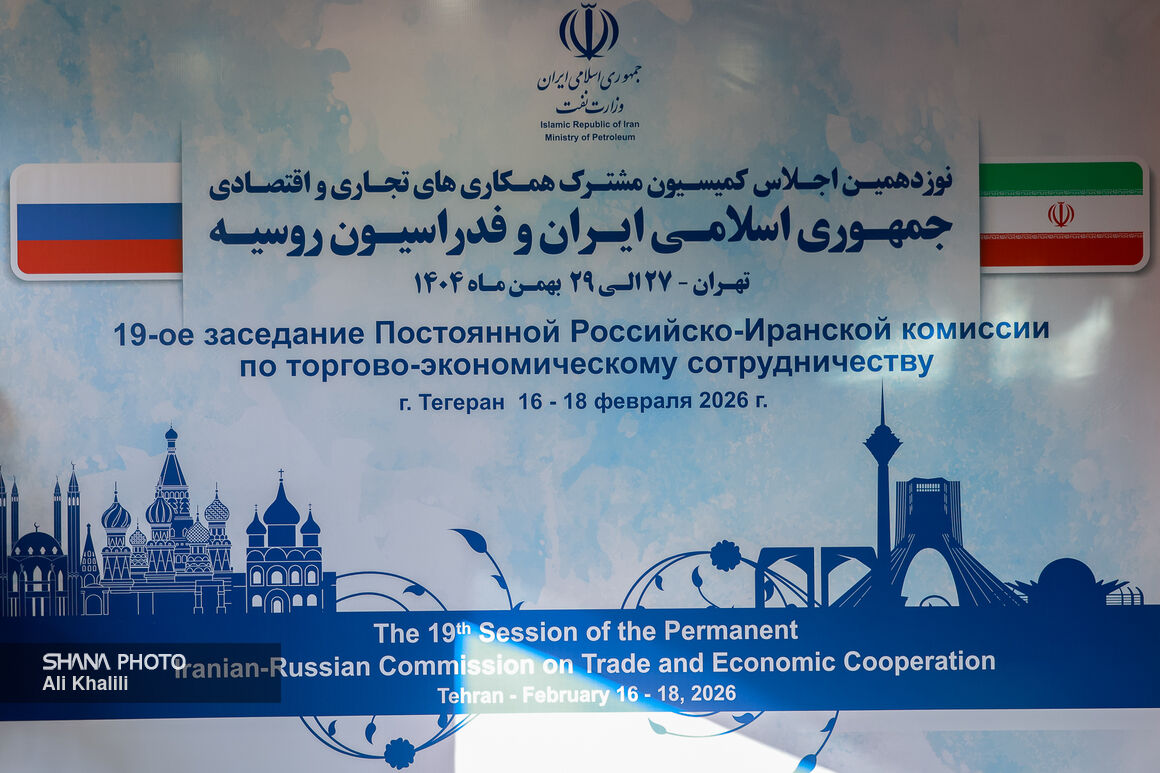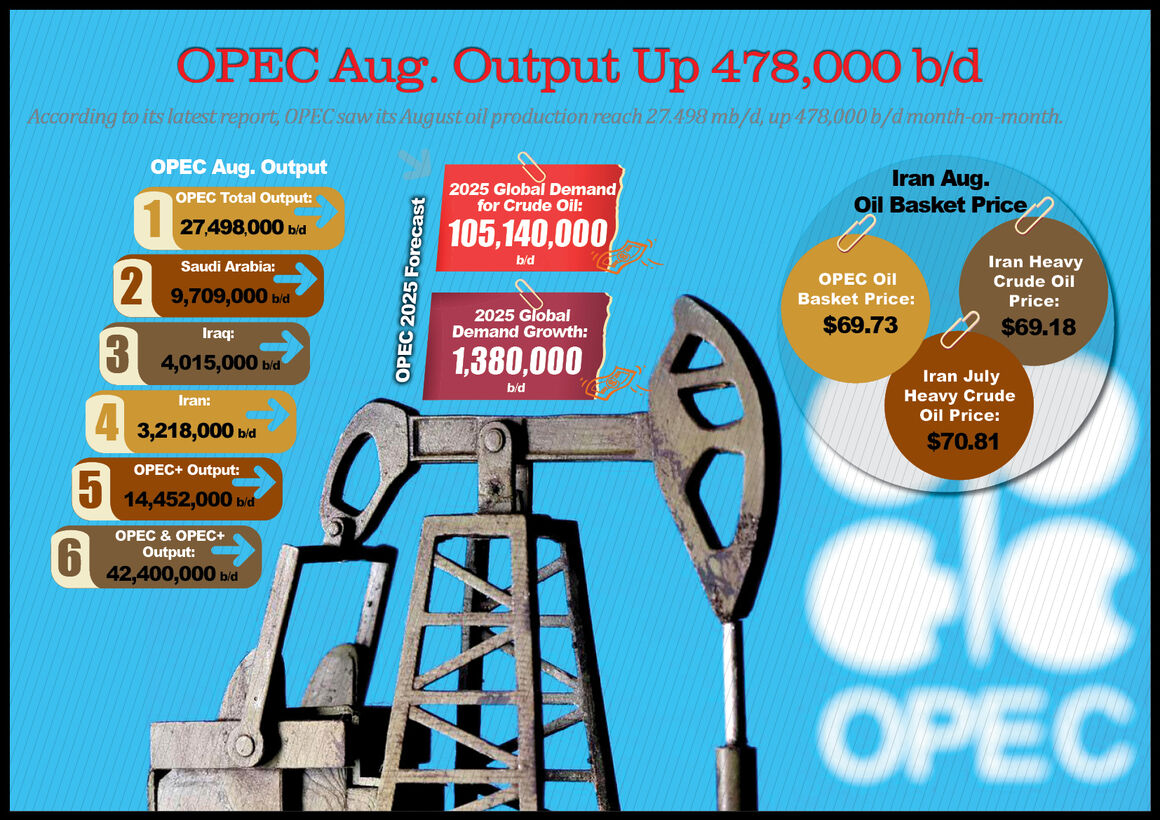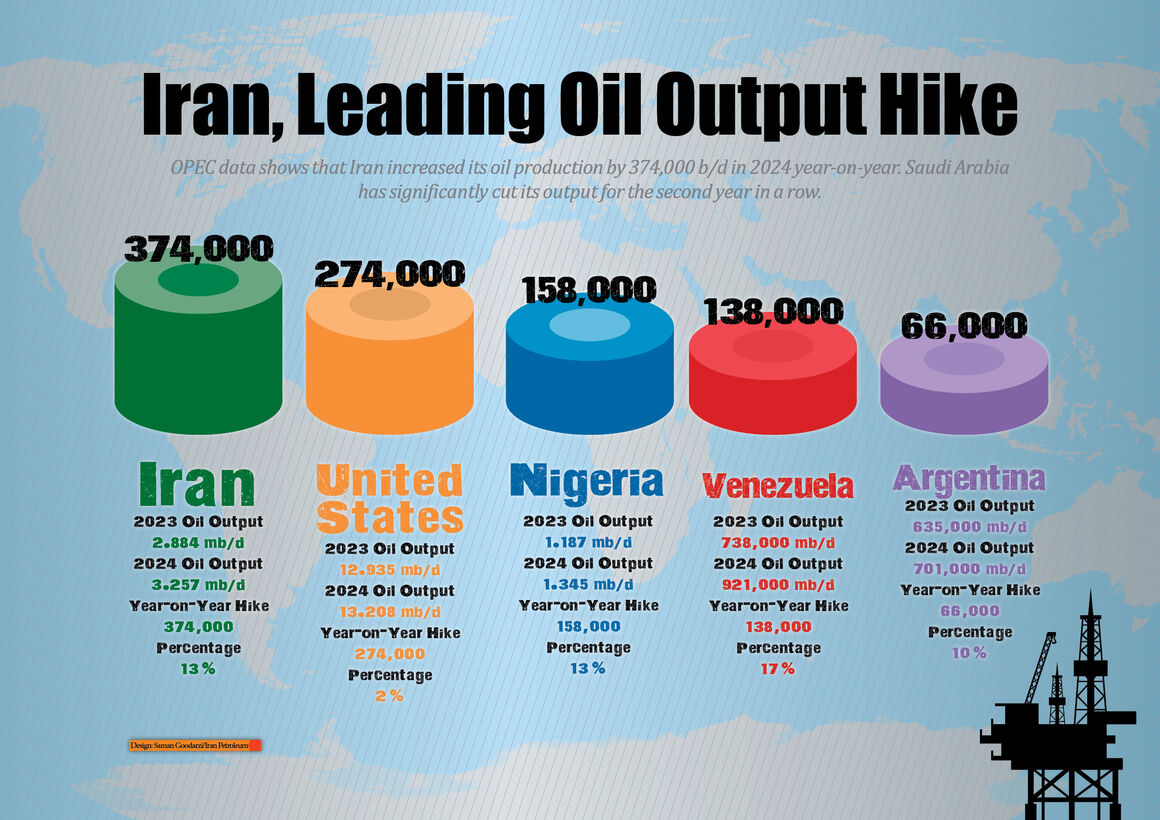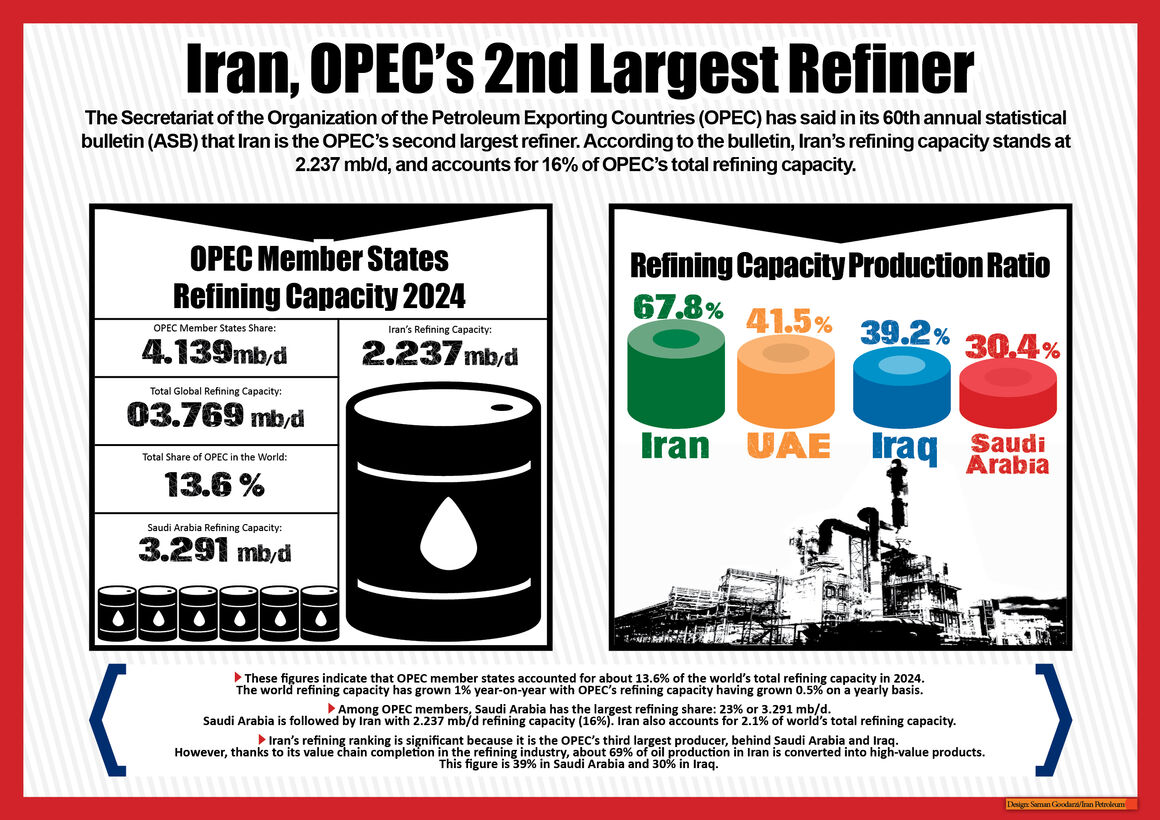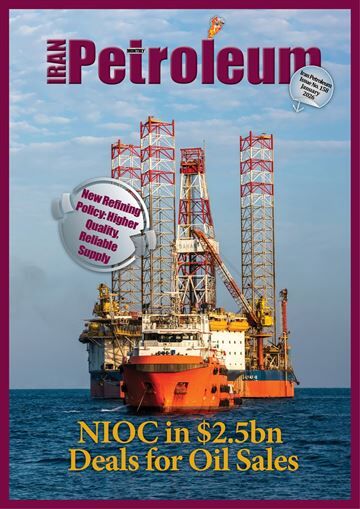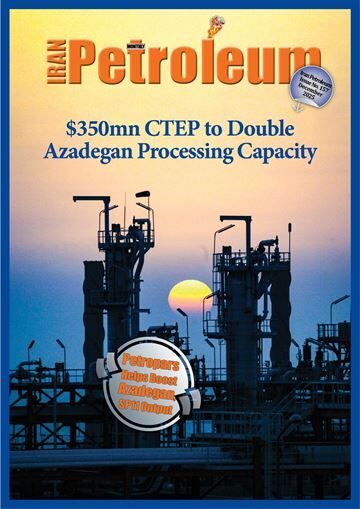Top
-
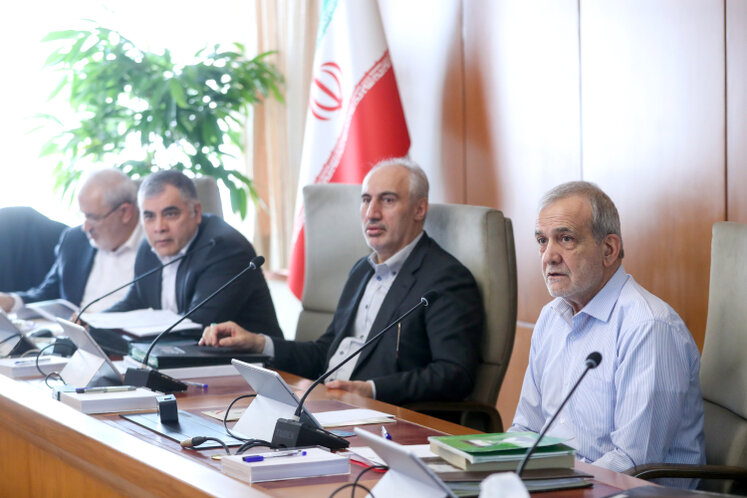
Pezeshkian urges round-the-clock effort to capture flared gas
SHANA (Tehran) — President Masoud Pezeshkian praised progress in capturing flared and associated gas, urging round-the-clock efforts to prevent the waste of national resources.
-
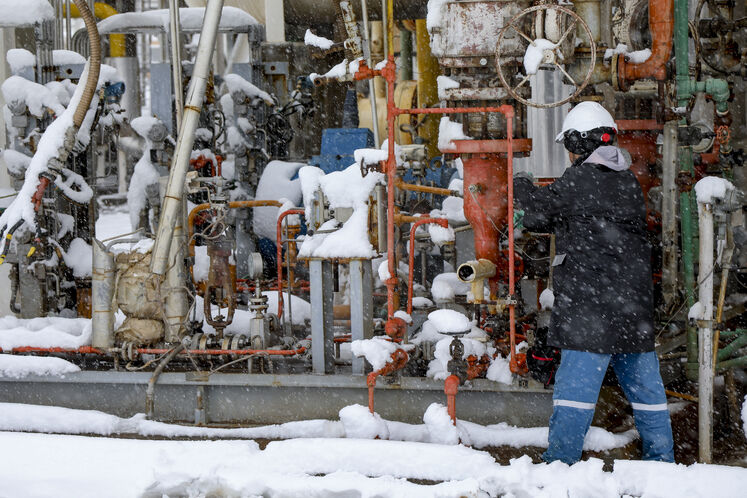
Winter stability achieved through record gas output, strategic fuel storage
SHANA (Tehran) – Winter 1404 brought unprecedented growth in natural gas consumption and added pressure on the country’s energy network. The Oil Ministry, implementing a comprehensive and coordinated plan across gas supply and liquid fuel delivery, set new records in production and storage while maintaining network stability without disruption.
-
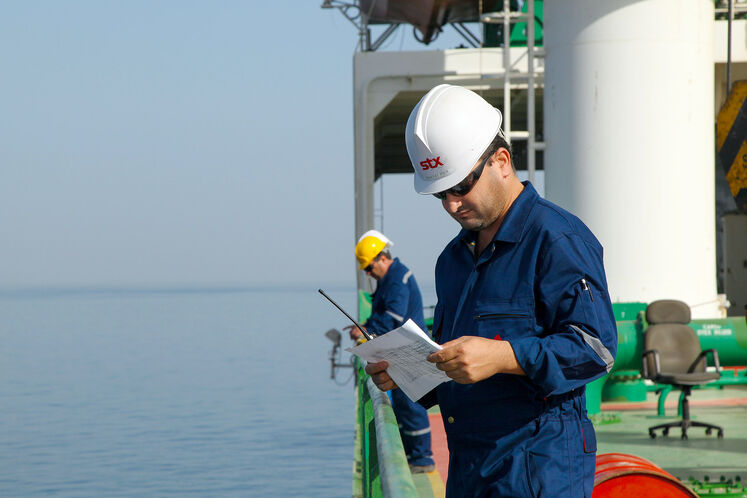
Oil sector engineers: Architects of development and creators of national wealth
SHANA (Tehran) – Engineer’s Day is an opportunity to honor professionals who turn challenges into opportunities by combining knowledge, experience and creativity. On platforms and in operational areas, engineers make critical decisions and sustain relentless efforts to transform the nation’s oil and gas resources into national wealth, helping shape Iran’s industrial and economic development.
-
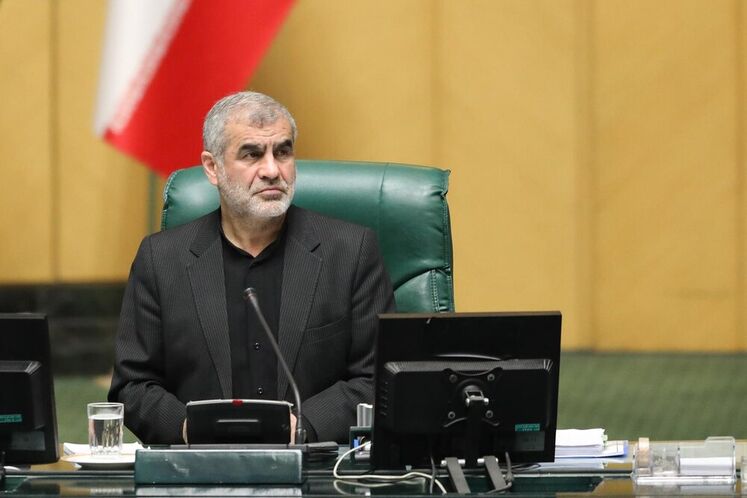
Oil Ministry exceeded fuel storage obligations, deputy speaker says
SHANA (Tehran) – The Oil Ministry exceeded its obligations on fuel storage, a deputy speaker of Parliament said, praising what he described as a responsible approach to ensuring winter energy security.
-

Oil Ministry eases path for petrochemical investment in upstream gas fields
SHANA (Tehran) — Iran’s petrochemical industry has begun investing directly in upstream gas field development after the Oil Ministry streamlined licensing and contract procedures, industry officials said, calling the shift a turning point in cooperation with the private sector.
تیتر دو
-
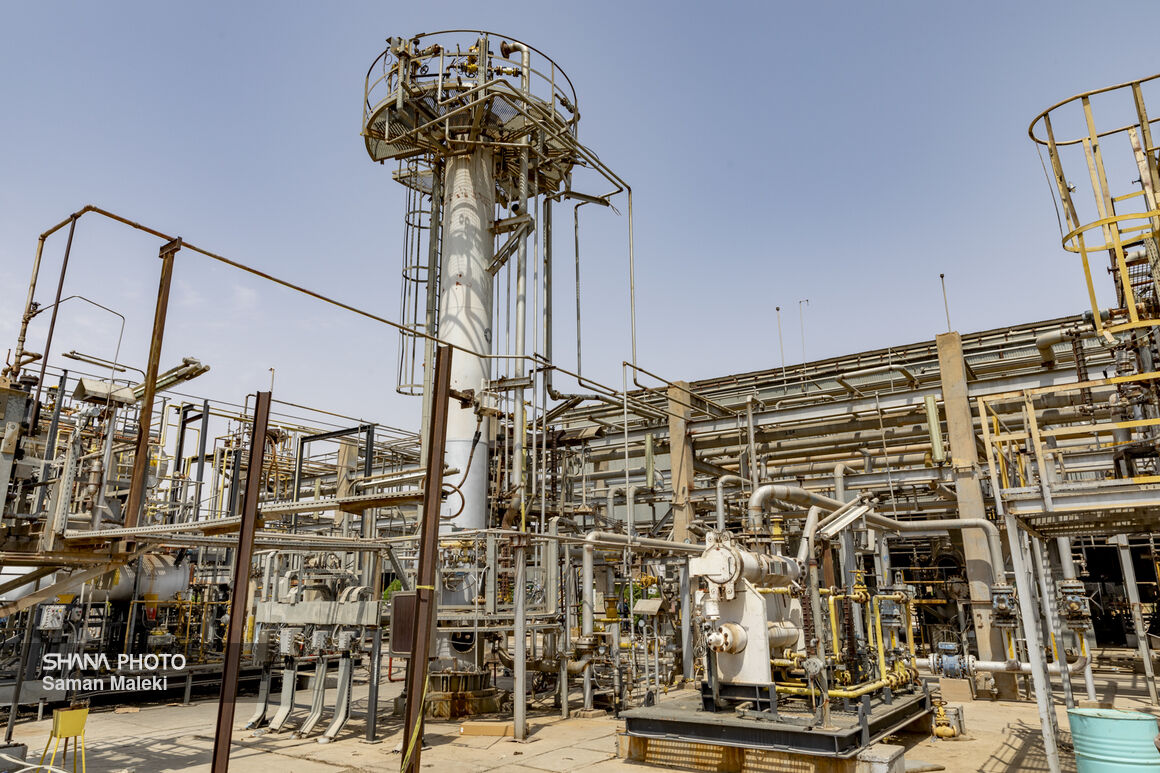
Private sector steps up gas flaring collection efforts
SHANA (Tehran) — The CEO of Hirbod Niroo Group said the private investor is accelerating efforts to curb gas flaring and protect national resources, with new contracts expected to collect about 110 million cubic feet of associated gas per day.
-
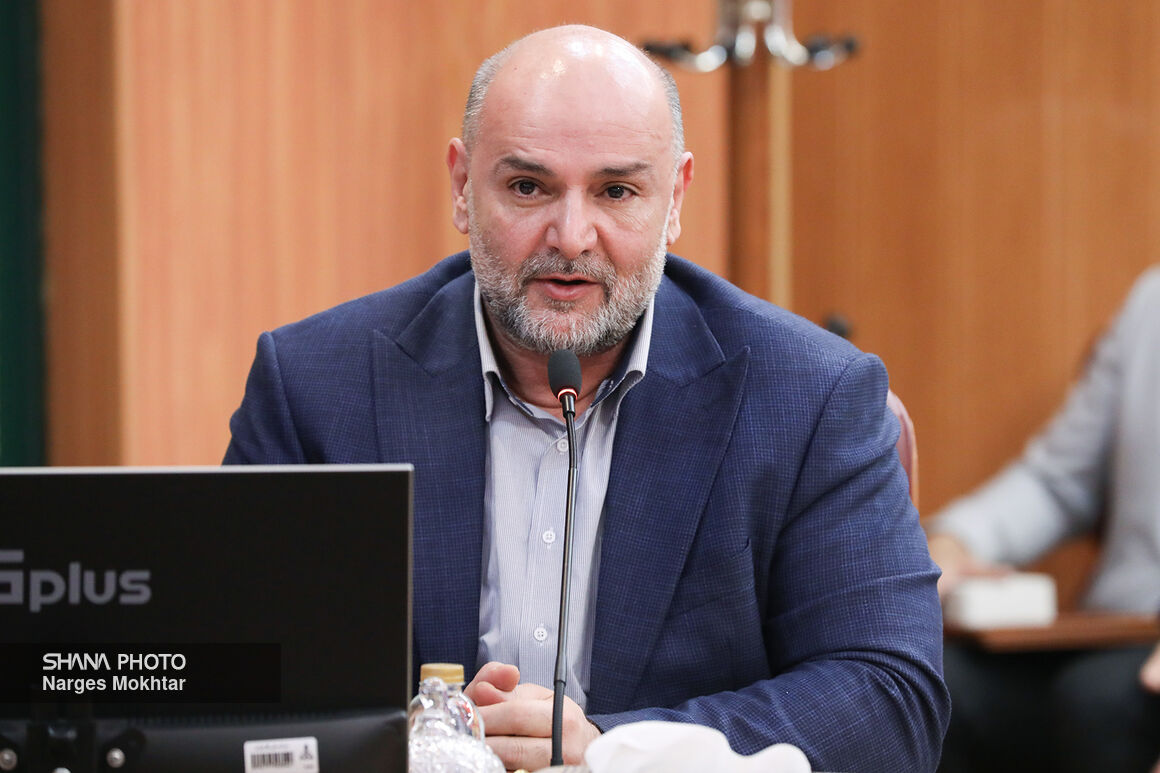
Gas-saving projects gain momentum with operator firms, NIGC official says
SHANA (Tehran) — The head of energy and carbon management at the National Iranian Gas Co. said a newly issued bylaw governing gas operator firms has accelerated the rollout of gas-saving projects, while creating a framework to reduce waste and improve consumption management.
-
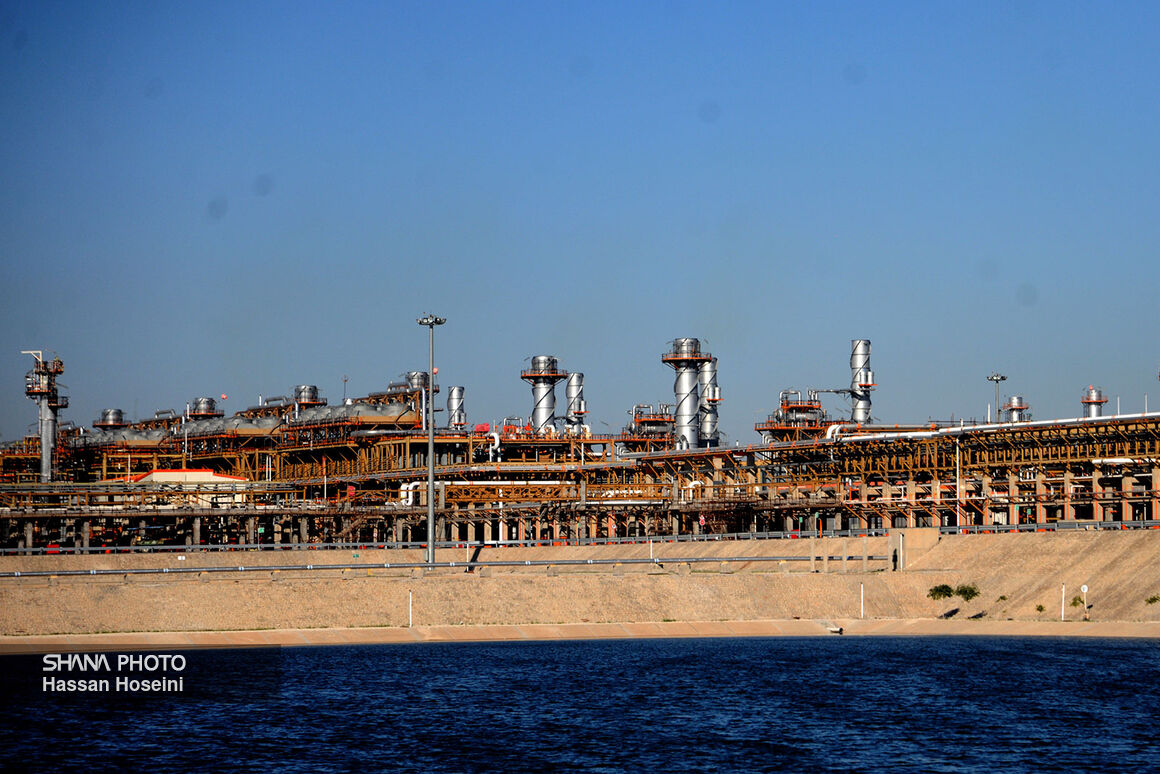
Parliament backs Oil Ministry’s associated gas recovery program
SHANA (Tehran) – A member of parliament’s Energy Committee said collecting associated petroleum gas aligns with protecting national resources, reducing pollution and increasing economic value, adding that lawmakers support the Oil Ministry’s continued efforts.
-
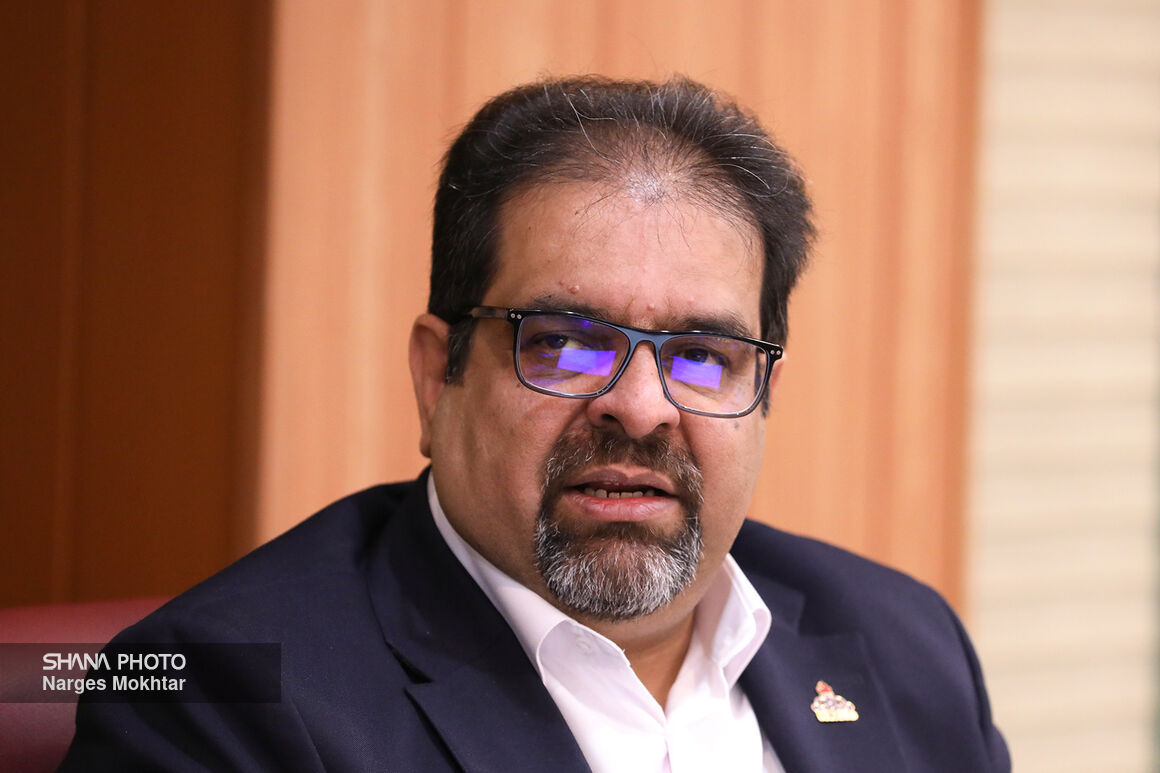
Record household gas use rises 34 mcm from last year
SHANA (Tehran) – The head of the National Iranian Gas Company said Iran recorded its highest natural gas consumption in the residential, commercial and small industries sectors on Jan. 22, reaching 737 million cubic meters — up 34 million cubic meters from last year’s peak.
Analysis
-
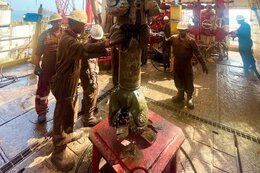
Boosting Well Productivity by Innovative Strategies
SHANA (Tehran) - Iran sits atop the world’s largest hydrocarbon reserves, with its massive South Pars gas field alone holding an estimated 280 tcf of recoverable natural gas. Yet despite this abundance, maximizing well productivity remains a critical challenge for Iran’s oil and gas industry.
-
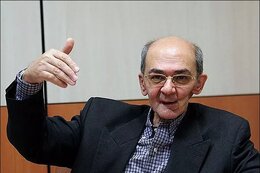
Iran Oil Sector: A Paradox of Potential and Opportunity
SHANA (Tehran) - Iran, strategically located in the Middle East and Central Asia, holds a huge amount of oil and gas. We are talking about some of the world’s largest proven crude oil and natural gas reserves. This means the country’s energy sector is incredibly important on the global scene, with immense potential for investment and for really capitalizing on Iran’s substantial wealth.
-
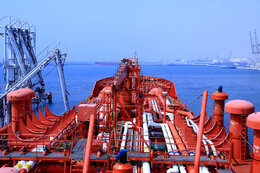
War on Iran Ignites Long-Term Global Oil Instability
SHANA (Tehran) – The recent air strikes by the Zionist regime on Iran’s industrial centers, oil and gas facilities, and civilians have sent shockwaves through the global oil markets. The attacks led to a significant but short-lived increase in prices.
-
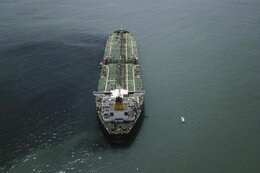
War of Aggression on Iran and Global Energy Security
SHANA (Tehran) – Ever since the Zionist regime launched its invasion of Iran, energy has become a pivotal issue in international fora. Two key issues, energy price and energy security, were focused upon by the media, political elite, and economists due to Iran’s prominent role in energy production and exports and its strategic position in the Strait of Hormuz.
-
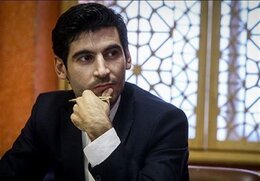
Analysis of the War on Iran
SHANA (Tehran) –The 12-day war imposed by the Tel Aviv regime against Iran on 13 June 2025, targeting mainly nuclear and military installations in addition to infrastructure, constitutes one of the most complicated geopolitical crises of recent decades. Iran responded forcefully to the strikes. Although the United States initially refused to engage in the war, there was no doubt from the very beginning that it was the main ally of the Zionist regime in this crisis. That is why, when it was convinced that Iran had the upper hand on the battlefield, the US intervened and bombed Iranian nuclear facilities. It is highly significant to review the Zionist regime and the US objectives and scenarios in the war on Iran.
-
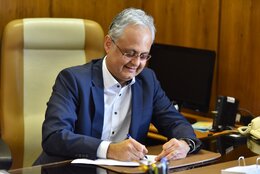
Attack on the Heart of Energy Security
SHANA (Tehran) – Energy security scholarship has long recognized the interconnected nature of global energy systems (Yergin, 2006; Winzer, 2012). The concept encompasses not merely the availability of energy resources but also the stability of supply chains, market predictability, and the resilience of energy infrastructure. Climate policy literature similarly emphasizes the need for coordinated international action and stable investment environments to achieve decarbonization goals (IPCC, 2022).
Report
-
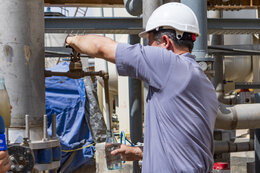
$3.5bn Invested in Tehran Refinery Upgrading
SHANA (Tehran) - Tehran’s oil refinery is among the oldest and leading oil refining facilities in Iran. It is instrumental in producing vital fuels like gasoline, gasoil and jet fuel. With a refining capacity of 250,000 b/d of crude oil and enjoying a strategic location near Tehran, the facility has a major share in national energy supply. Upgrading the quality of petroleum products has been a priority of the Ministry of Petroleum under the 14th administration. That would require upgrading the refinery.
-
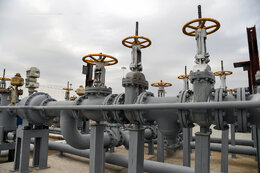
Iran Oil Industry Unfazed by War
SHANA (Tehran) – Nearly four decades after the end of the imposed war on Iran, the Zionist regime, which has occupied Palestine, launched military strikes on Tehran and some other cities as well as Iran’s oil facilities in a flagrant violation of international law and national sovereignty of the Islamic Republic of Iran.
